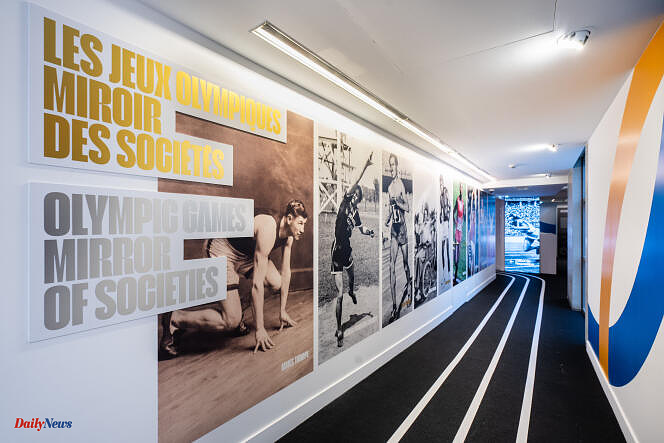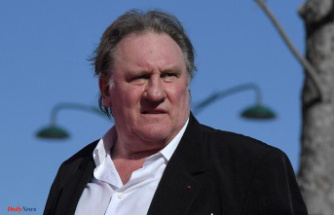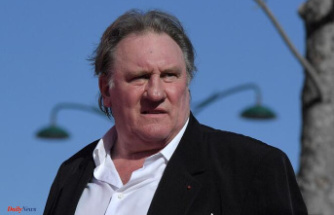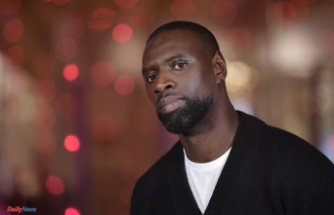The Olympic Games (JO), very political moments? It is this reflection that the Shoah Memorial in Paris invites in an exhibition which, without hesitation, responds in the affirmative. Made up of written and visual archives, documents and objects loaned by the National Sports Museum in Nice and the Deutsches Sport und Olympia Museum in Cologne (North Rhine-Westphalia), the event entitled “The Olympic Games, mirror of societies", places the different editions in their geopolitical and historical context. An exciting choice even if it deserved more ambition.
The journey begins with the fundamentals: the reminder of the Olympic Charter, which bans all discrimination, whether racial, sexual, religious or political; the rings symbolizing the five continents; the flame, parable of a secular religion. A set intended to recall the universalism of sport and surpassing oneself in competition.
However, very quickly, we perceive the ambivalence of this gathering of sporting humanity and its rituals: behind the sweat and the effort, international tensions, conflicts between governments, and even an instrumentalization of the moment for political ends are at play. propaganda.
A montage projected on the big screen summarizes this mixture of genres. Film extracts from different historical sessions, distant or close, follow one another, seeming to demonstrate the timeless nature of the Games. Parades, moments of concentration by athletes, filmed events, jubilant audiences, jumps and failed races... when suddenly images are interspersed: the Berlin stadium with a crowd with their arms outstretched towards Adolf Hitler, filmed in 1936 by Leni Riefenstahl, the victorious race of Jesse Owens in this stadium filled by the Nazis, the raised fists of black Americans Tommie Smith and John Carlos at the 1968 Mexico games, the taking of Israeli hostages by a commando from the Palestinian organization Black September, in Munich in 1972. So many breakthrough moments in the unfolding of Olympic history.
Posters, photos, video testimonies then explain these events of which we often only remember impressions. Who remembers that Jesse Owens replaced a Jewish athlete deemed undesirable by the Nazis on the 4 × 400-meter relay team at the last minute? Or that, during the ceremony commemorating the hostage taking, the president of the International Olympic Committee, Avery Brundage, decreeing that the Games must continue, will not have a word for the eleven executed Israeli athletes?
Spotlight on some athletes
The exhibition then shines the spotlight on the journeys of some athletes who have left their mark on the sporting history of the Olympic Games. This time again by placing them in the political context of their time. Thus the Romanian Nadia Comaneci, six times gold medalist at the Montreal Games in 1976, whose exploits were recovered and exploited by the power of Nicolae Ceausescu. Or even Eva Székely, a Hungarian swimmer who won a silver medal in Helsinski in 1952 who, having tried to flee to the West during the Soviet invasion of Budapest, had to give up her place to her husband during the following Olympics. And of course Jesse Owens, whose red polo shirt we can admire.
The set is completed by a set of posters which show the variety of graphic and typographic styles praising the "Olympic Games" through the ages: some are real composition paintings while others clumsily attempt to convey a message of fraternity .
The course, a little busy, ends despite its richness with a frustration: the installation passes a little quickly on the exclusion of women from competitions until 1928, or the obligation of athletes from the colonies to compete under the banner of the colonizing country. Without forgetting the congruent place given to the Paralympic Games since their first edition in 1948.












